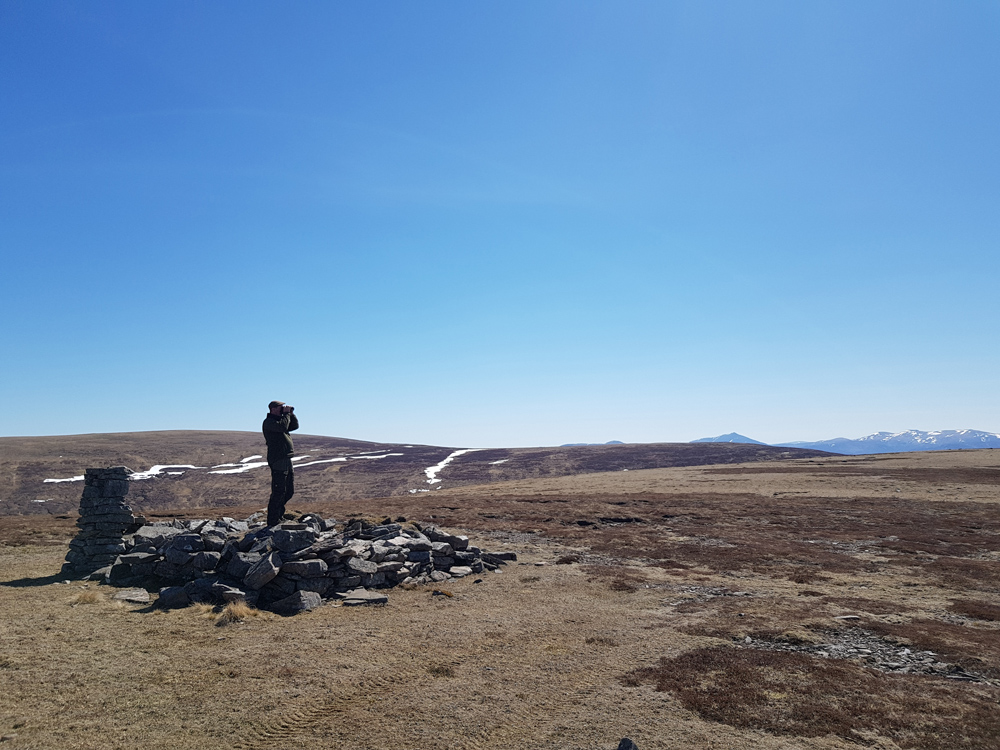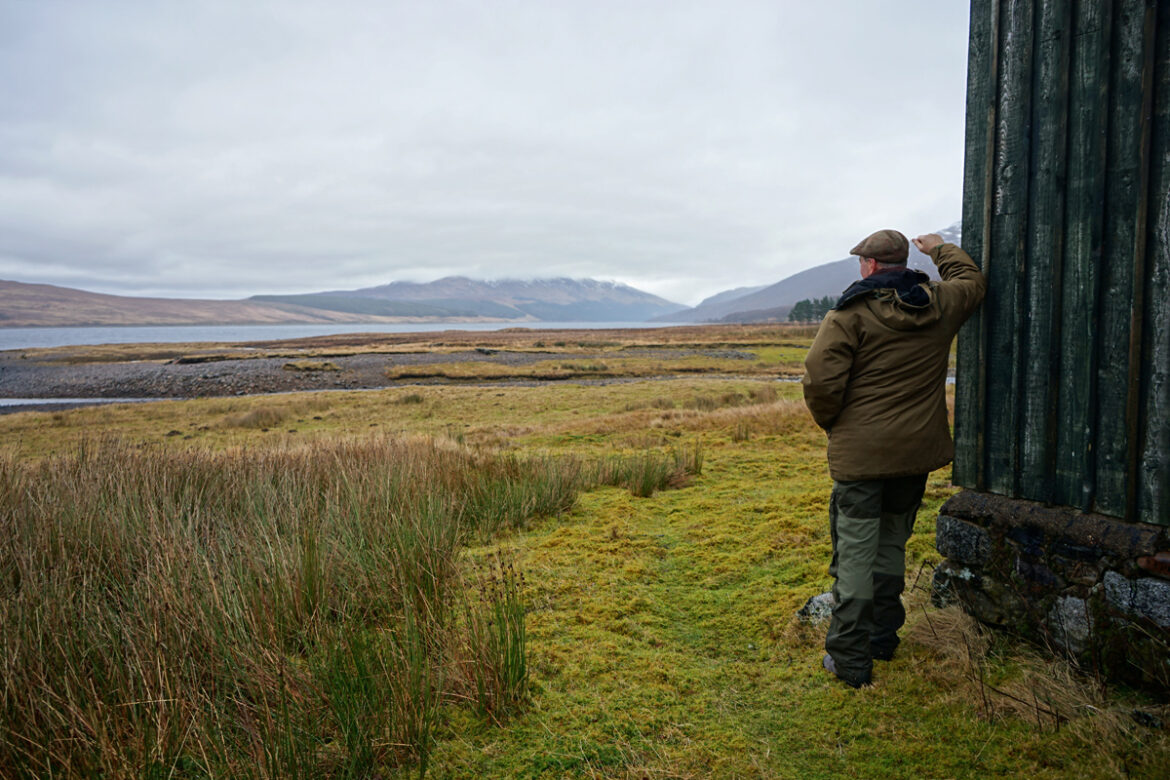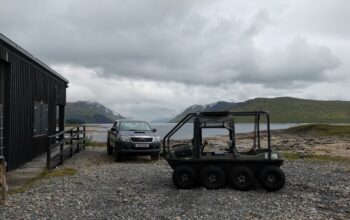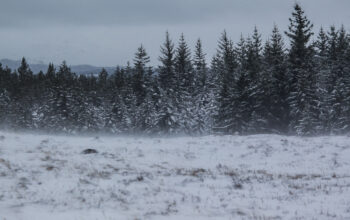“As old as the hills was written in the winter on 2021. People started seeking to connect with the outdoors and with nature. More folk looked at alternatives to urban lifestyles. They questioned how could they make positive changes in the way they lived their lives. They looked at how they brought up their families. The wondered how and where they could work and how they could reduce their impact on the planet. Living a more sustainable life and being kinder to the planet created an interest in living out with towns and cities, and seeking a different way of life in Scotland’s countryside.
Not all locations have hills
During the pandemic, and with travel restrictions in place, the countryside saw an increase in visitors as people explored doorstep destinations around the country. Additionally, as the majority of Scotland’s workforce were either on furlough or working from home. People re-adjusted the shape of their working lives. There was no longer a need to be in an office each day from 9 to 5. Businesses restructured their workforce to enable a new way of working to function effectively. People made space on the kitchen tables to work, and with this fixed base for home and job, many questioned their surroundings and their town and city locations.

The old countryside
The countryside offered a different lifestyle compared to an urban one. The rural infrastructure may not be as accessible as that of a town, but one does exist. There may not be every convenience within reach but there are always alternatives to seek out. Rural broadband connects the countryside to the rest of the world. Although in some places its reliability and strength are still unpredictable. This connectivity opens up an endless stream of possibilities. This makes working from a rural home a plausible option. The pandemic taught the business world it was possible for office-based employees to work remotely from their home. Rural life was no longer the out of reach lifestyle it was a decade or so ago. As we moved towards a more impact-aware society, the ranges of options increased. Technology has improved and more diverse alternatives are available.
As old as the hills
Years ago, rural jobs were the norm. Country estates and farms had a large and steady workforce. However, with the growth of technology, and changes in land use rural employment changed. With improvements in travel and access, expanding towns, and the promise of bigger opportunities, many sought a career away from their rural roots and headed to the cities. If we look back through the generations in our family trees, we would likely find that some of our relatives worked in farming, crofting, forestry, gamekeeping or domestic service on country estates. As Scotland continued to evolve, cities expanded, and industries grew, and the requirement for rural skills reshaped and remained.
Traditional and modern country careers
Today, traditional country careers such as gamekeeping, deer management and river ghilling have developed. They account for a sizeable rural workforce. Scotland has islands, vast rural and remote areas, so if you ever wanted to work outdoors then here is the place to the explore opportunities. Colleges offer courses to school-leavers interested in pursuing an outdoor career, and there are choices galore. Take your pick from rural and estate skills, environmental management, research, forestry, sustainable food production and land use, and many more.
Change your life, help the planet
As interest grows in living ethically and increased environmental awareness, many are rejecting the on-demand lifestyle. Many take a more considered approach with recycling, reusing, and upcycling. Perhaps we will return to eating seasonal fruit and vegetables, locally grown and harvested meat, game, dine on fish caught in Scottish waters, do more home baking and cooking, take up knitting, sewing, and making our own clothes, and spending more time outside than online. Maybe more people will up sticks to a rural spot and take up a countryside career. Nature and climate change are fundamentally linked, and with more people working outdoors the land will benefit, and help towards tackling climate change.
Moving away from a society of convenience maybe it’s time to return to the old, traditional ways. After all, rural jobs and country living are as old as the hills.”



